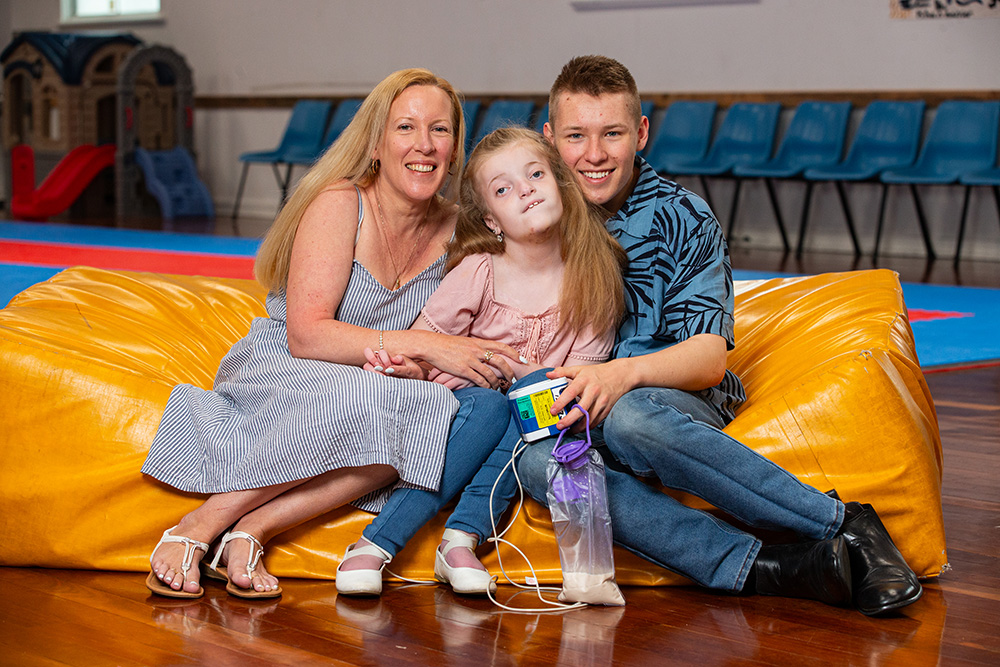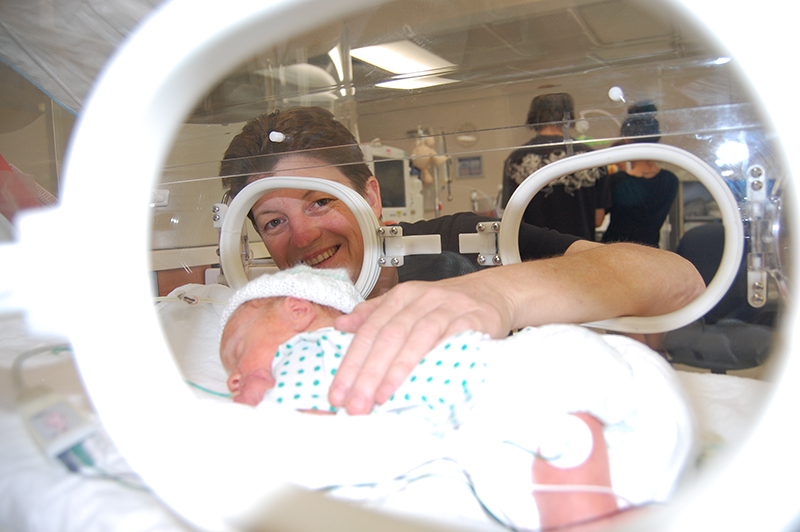Search
Research
Closed Loop Study - MulticentreA Closed-Loop System will potentially have a major impact upon acute and chronic complications of diabetes as well as upon their quality of life

Research Theme
Precision HealthUses personalised approaches to healthcare, aiming to tailor prevention and treatment strategies based on genetic, environmental, and lifestyle factors. This theme strives to make healthcare more targeted and effective for each child's unique needs.
News & Events
McCusker Charitable Foundation grant in support of the Undiagnosed Diseases ProgramThe Kids Research Institute Australia congratulates Prof Gareth Baynam and Dr Timo Lassmann on their grant over three years from the McCusker Charitable Foundation.

The Chronobiology team works to understand the factors that contribute to poor lung and heart function in newborn infants and find ways to prevent heart and lung disease.
Research
The impact of Influenza infection during early life on immune developmentThis study will investigate the why disease is worse in infants and how early life viral infection impacts the developing immune system.
Findings from the Ngulluk Koolunga Ngulluk Koort (Our Children, Our Heart) Project community forums and focus groups.

The Adolescent Health and Wellbeing team works in partnership with young people to understand their priority needs and the best ways to address these. This includes informing evidence-based policies and co-designing accessible and responsive health services.
Research
The early Human Capability Index (eHCI)The Early Human Capability Index is a holistic measure intended to capture early child development across diverse cultures and contexts.
Research
The ARC Centre of Excellence for Children and Families over the Life Course (Life Course Centre or LCC)The Life Course Centre is a national centre funded by the Australian Research Council Centre of Excellence Scheme and hosted through the University of Queensland with collaborating nodes at the University of Western Australia, Sydney University and University of Melbourne.
